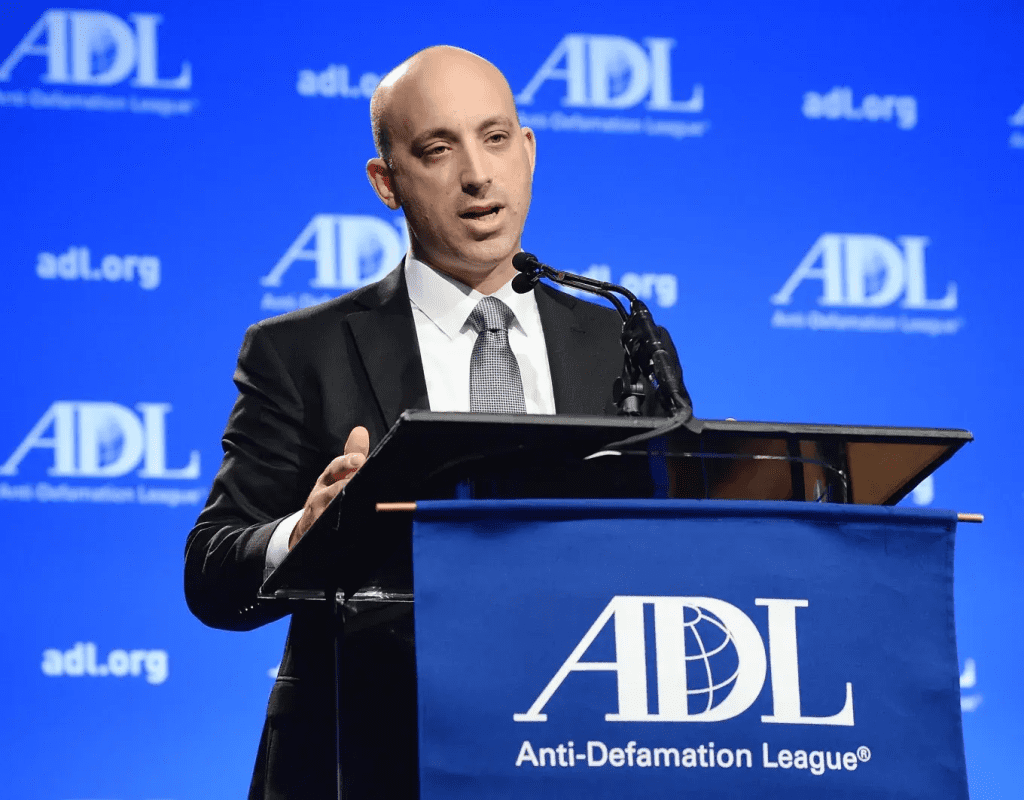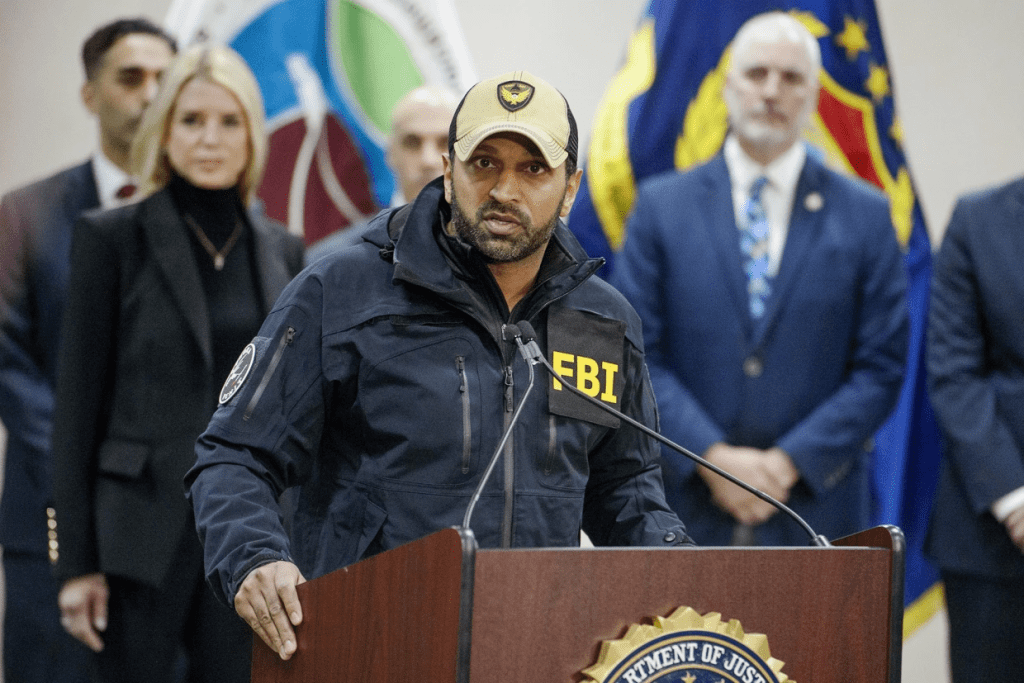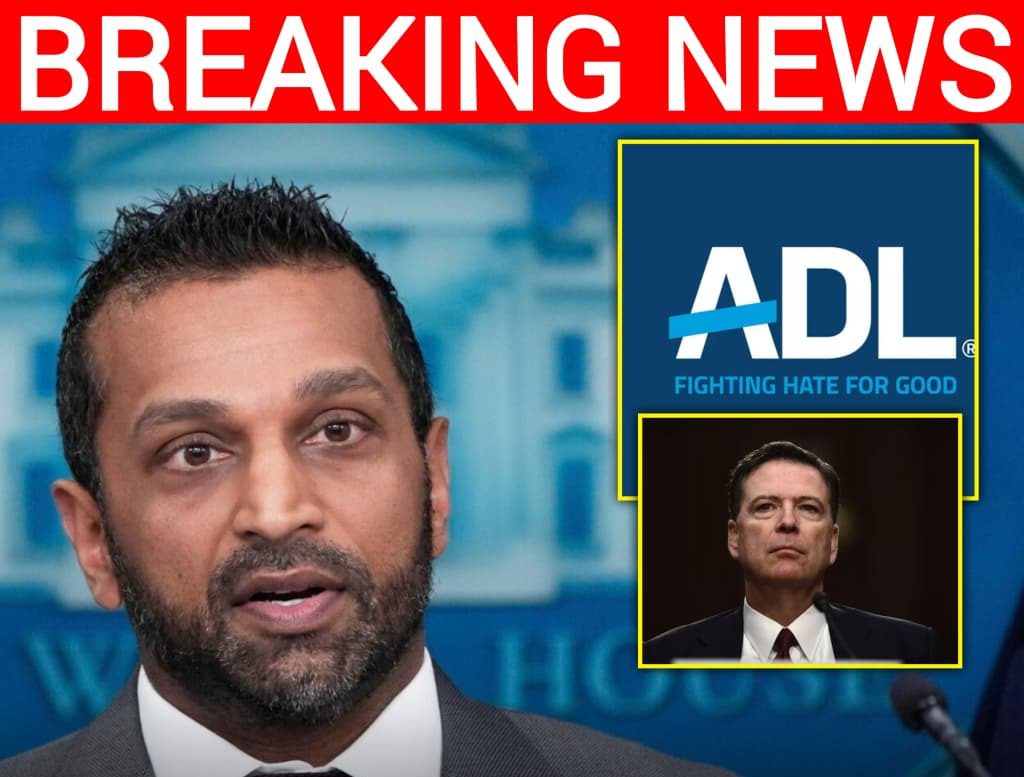Kash Patel Confirms FBI Has Ended Partnership With ADL Over Targeting of Conservative and Christian Groups, Marking the End of Comey-Era Tactics
The FBI has made a dramatic break from one of its longest outside partnerships, and the announcement is sparking debate far beyond Washington. On October 1, 2025, FBI Director Kash Patel confirmed that the bureau will no longer work with the Anti-Defamation League, saying the relationship had been used in the past to unfairly target conservative organizations. For Patel, it was about drawing a line between the FBI’s law enforcement role and what he described as the political activism of outside watchdog groups.

The backstory stretches back years, when former FBI Director James Comey cultivated close ties with the ADL and brought them into the bureau’s orbit as a key partner on extremism. The ADL’s “Glossary of Extremism,” which categorized a wide range of groups, was cited internally by federal officials, and critics say it provided cover for closer scrutiny of organizations like Turning Point USA and even certain Christian identity movements. Conservatives argued this was never about public safety but about silencing opposition voices, and those concerns grew louder in recent years as the ADL expanded its lists and labels.

That pressure reached a boiling point earlier this year after the ADL quietly retired its glossary following months of criticism. Among the loudest critics was Elon Musk, who amplified concerns on social media and accused the group of painting mainstream conservative organizations with the same brush as actual extremists. For Kash Patel, that was evidence that the partnership had become compromised and untenable. In his words, “That era is over. This FBI won’t partner with political fronts masquerading as watchdogs.”
The decision is being hailed by right-leaning commentators as a long-overdue correction. They argue that the FBI should not be taking cues from outside groups that operate with their own political goals, and that restoring independence is necessary to rebuild public trust. For supporters of Patel’s move, this is part of a broader Trump administration effort to rein in what they see as bias that became entrenched in federal institutions during the previous decade.

But the reaction is far from unanimous. Civil rights advocates have expressed alarm, warning that cutting ties with the ADL could weaken the FBI’s ability to monitor hate crimes and extremist networks. They argue that while some criticism of the ADL may be valid, the group’s long history of documenting anti-Semitism and extremism has provided valuable resources to law enforcement and communities alike. Without that collaboration, they fear vulnerable communities may face greater risks and that critical information could fall through the cracks.

This moment illustrates how polarizing the conversation around extremism has become in American politics. On one hand, the Trump administration and its allies frame the split as a move to restore fairness and stop what they view as political witch hunts. On the other, critics argue it undermines serious work on tracking hate groups at a time when threats remain real. That clash of narratives ensures this debate will not end with Patel’s announcement.

In many ways, the decision symbolizes a broader turning point. For years, the FBI’s partnerships with outside organizations were seen as ways to expand its reach. Now, with Kash Patel at the helm, there is a clear attempt to narrow that scope, shed relationships viewed as politicized, and rebuild the bureau’s image in a way that aligns with the priorities of the current administration. Whether this change strengthens or weakens public trust will depend on what happens next. For now, the message is unmistakable: the FBI under Patel is determined to chart a different course, even if it means severing ties that once seemed permanent.



